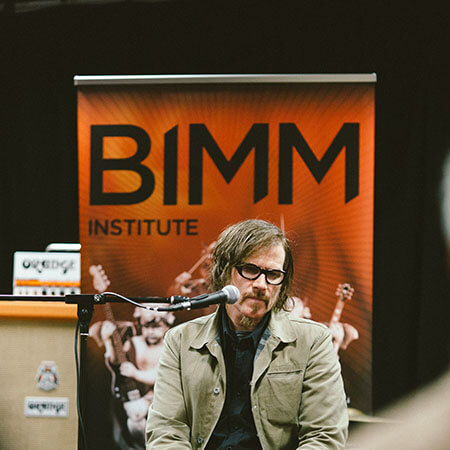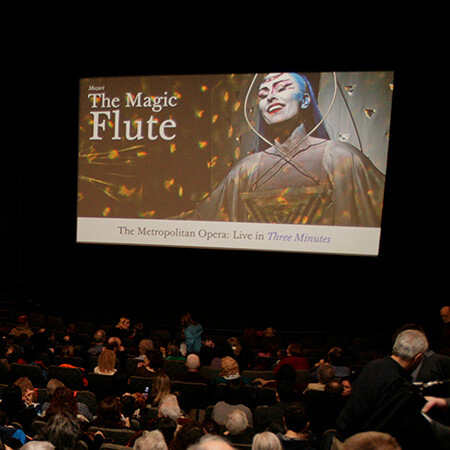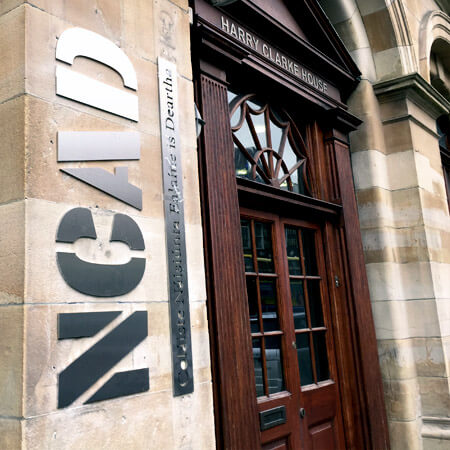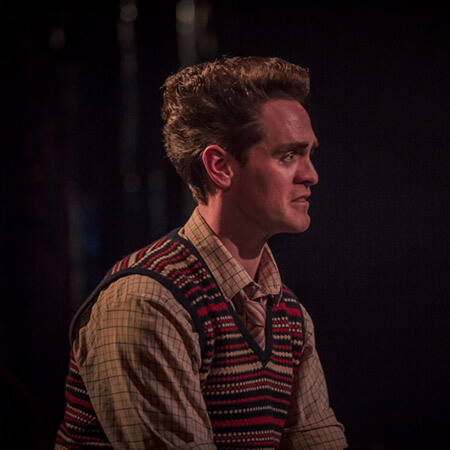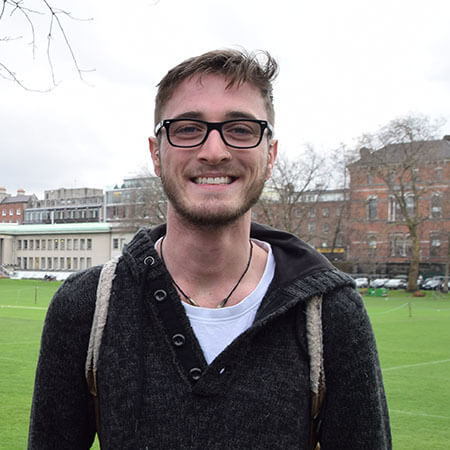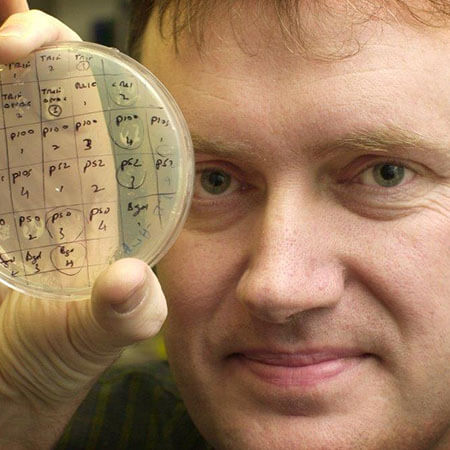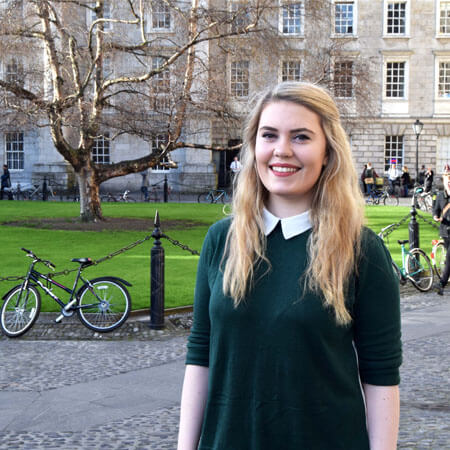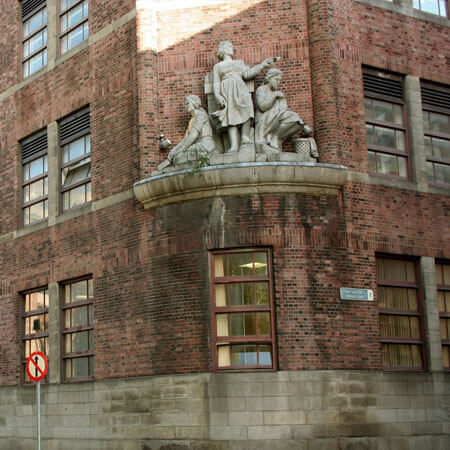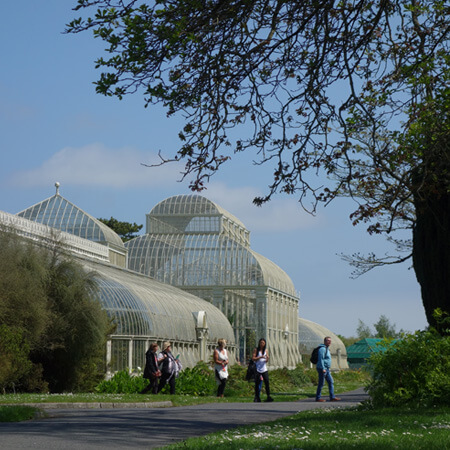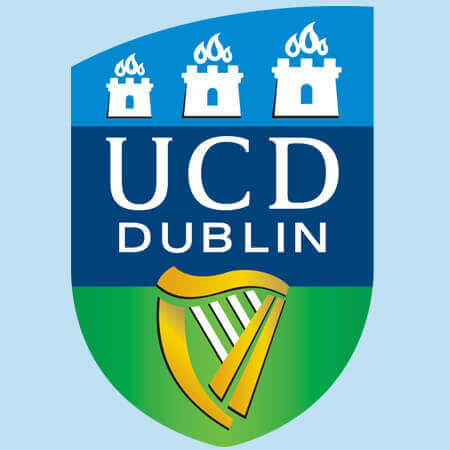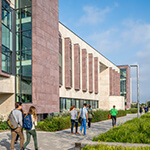As Professor Luke O’Neill discovered recently, when you become a fellow of the extremely exclusive and august science club that is the Royal Society, you have to sign their book. Previous signatories include Newton, Boyle, Freud and Einstein (Oh, and superstar astrophysicist Brian Cox). Which makes the process rather nerve-wracking, according to O’Neill, a biochemist at Dublin’s Trinity Biomedical Sciences Institute and one of the world’s leading immunologists. Luke O’Neill: There’s a practice, you don’t want to smudge your name! Dublin.ie: That’s quite some company you’re keeping there - but what do all you science guys have in common? Luke O’Neill: Science is trying to find stuff out. You can call it exploration, you can call it pioneering, frontier stuff because it’s all about making discoveries. We are explorers, that’s our job, that’s what attracted me to it. I wanted to see something nobody’s seen before. And in my case, luckily enough in my lab we probably had three big discoveries that made a big difference: we explored the immune system and saw things there for the first time. The next step is there’s a whole new pathway or process discovered - and of course the thrill would be if that was a dysfunction or a disease because then you might try and correct it. Once you find the enemy, you might be able to design a new medicine that might beat it. Dublin.ie: So you’re a biochemist and not an ordinary one? Luke O’Neill: I’m a bit of a schizophrenic! I was interested in chemistry anyway and biochemistry is chemistry writ large: if you want to understand something you’ve got to understand the chemical basis for things - and biochemistry is the basis for life. If we understand the chemicals of life wouldn’t that be a thrilling thing? One comparison is with genetics: geneticists don’t really go beyond the genes, you know – and I want to know the real fundamentals. Like genes makes proteins, but what do they do? I was always obsessed with true mechanism – the underlying mechanism, the very basics of how things work. I’ve always been obsessed with molecular things in a sense.
